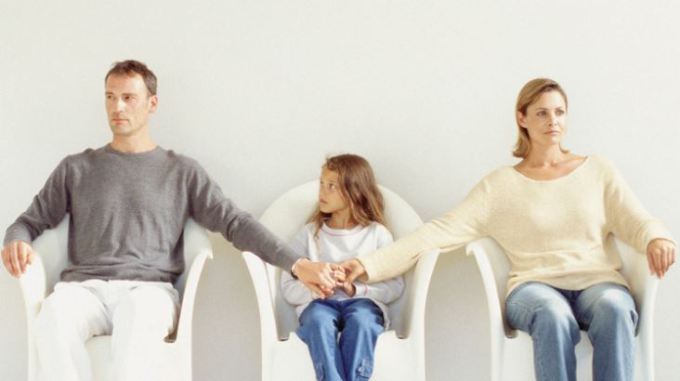
When can a child decide?
August 24, 2016 by Clewett
At what age can a child decide where they live?
In Australia there is no minimum age for a child to be able to express their view about where they would like to live in a parenting dispute.
The considerations for deciding a parenting arrangement
Under section 60CC(3)(a) of the Family Law Act, a child’s wishes are one of 16 factors the court must consider when deciding what parenting arrangement is in a child’s best interest. In and of itself, a child’s wish may not be definitively determinative of the dispute. Interestingly, a child’s wish is not one of the primary considerations the court must take into account when deciding what is in the child’s best interest.
The two primary considerations are:
- The benefit of a child having a meaningful relationship with both of the child’s parents; and
- The need to protect the child from physical or psychological harm.
Developmentally appropriate concerns like homesickness will not usually cause a Court to terminate overnight time with a non – residential parent of a school aged child.
The court will decide how much weight it places on the child’s view based on an assessment of:
- The child’s maturity;
- His/her level of understanding;
- Whether the wish is well informed; and
- Whether or not the child has been influenced (usually by one or other of the parents).
For example, if a seven-year-old is assessed as exhibiting high levels of maturity and understanding of the conflict between her parents then the court may place considerable weight on her views. Equally, if a 14-year-old expresses a wish to move overseas to live with his Father because he buys him whatever he wants, but the Mother has previously been the primary carer, a court may assess the child as lacking maturity or as having been influenced by factors not in the child’s best interest, and give little weight to his wishes.
In another example, an older child may be at an age where their resistance to spending overnight time with a parent is given a great deal of weight but the wishes of a younger sibling who is also resistant, will not be so persuasive. The older child would probably be permitted to stay with the preferred parent but the younger child would not.
Who assesses the child’s maturity and level of understanding?
The most common way for a child to express their view is through an interview by a court consultant or a privately-funded family report writer who is usually a trained counsellor, therapist or psychologist.
The family consultant or family report writer interviews and observes the parents, the children and any other people living in the same household as the children, such as step-parents and step-siblings. During the interview, the family report writer will usually make enquiry as to the child’s wishes and ask questions to assess their maturity and level of understanding. In some circumstances, due to the children’s ages or other factors, a family report writer may decide not to ask the child for their wishes. A family report is then prepared for the judge containing recommendations about what future parenting arrangements the judge should consider. The judge will usually follow the recommendations outlined in the family report.
It is often the case that a child prefers not to give their opinion as they are afraid of hurting the feelings of one or both parents. Additionally, some children find the family report process intimidating and do not feel comfortable expressing their views to a stranger.
There is no ‘Magic Age’
There is no fixed age when a child can decide on where they should live in a parenting dispute. Instead their wishes are one of many factors a court will consider in reaching a decision. There inevitably comes a time when a child is able to ‘vote with their feet’ (so to speak), and place themselves physically where they want to be. That time is not attached to any specific age, but is rather the product of maturity and a level of independence.
The Court will be reluctant to separate siblings who are usually strongly attached to one another, however the Court will rarely seek to force a mature and insightful child to spend time with a parent they refuse to see.
We believe that parenting disputes are best resolved outside of court and to what we can to encourage our clients to only apply to the court when all other options have been exhausted. If you are unable to resolve your parenting dispute, we encourage you to speak to us about the various out-of-court dispute resolution options available. A number of these options can involve your children, such as child inclusive mediation and counselling.
Should you require further advice in relation to resolving a parenting dispute or any other family law matter, please contact our Senior Family Lawyer, Mark Orchard.
